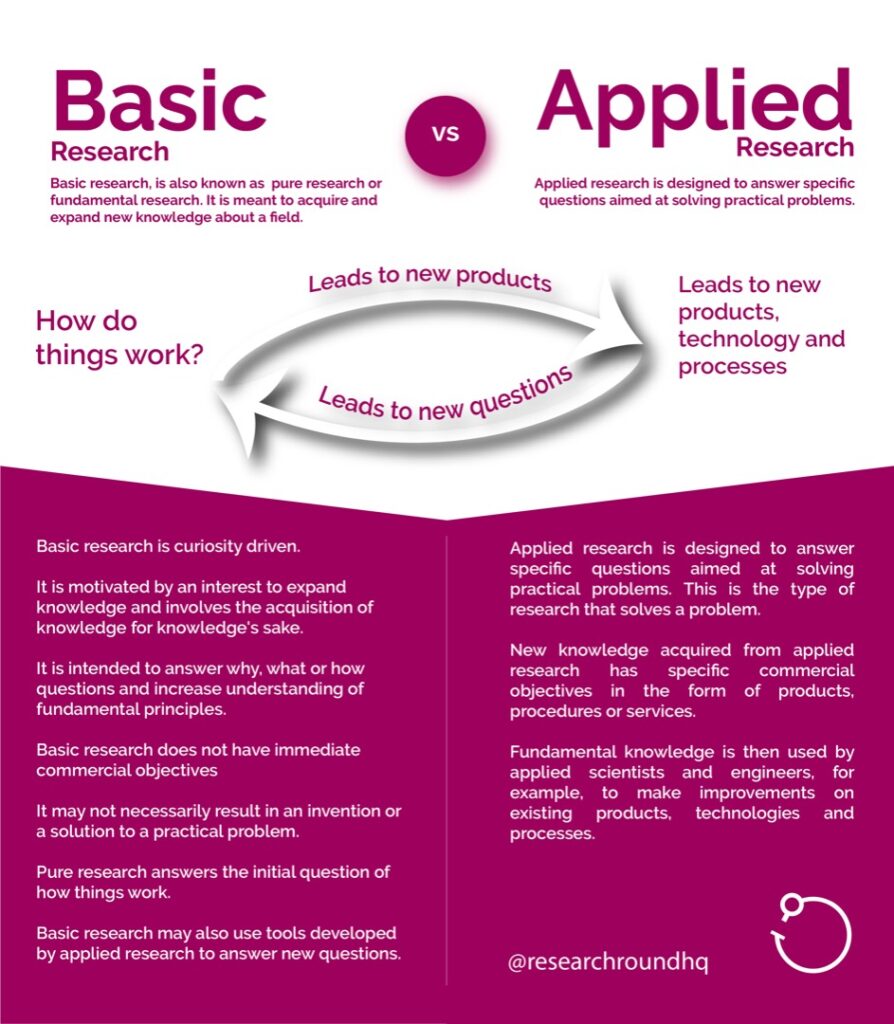The common facts of today are the product of yesterday’s research
– Duncan MacDonald.
On December 17, 1903, history was made when the Wright brothers took an assembly of wood, fabric and metal to the skies, going down on record as the first successful powered flight. This incredible feat was only possible thanks to decades of research by other aviation enthusiasts.
Research is undoubtedly the single most important factor in innovation and development. But it has its roots in every educational field, from law to social and applied sciences, even culinary arts, and has propelled each of these fields to what we know today. It is the tool with which society peeks into its otherwise hazy future. But what exactly is research?
Research is essentially a systematic acquisition of new knowledge. What differentiates a proper scientific research from a 2-hour YouTube binge is the methodological collection, organization, analysis and presentation of information. Any research can be categorized under basic research, applied research and experimental development. The methodologies (procedures of data collection and analysis) of these different types of research are quite contrasting.

While applied research is commonly employed in solving practical problems and has a more relaxed environment in terms of research protocol, Basic research is like your war veteran grandpa who has a strict routine. No wonder it’s also referred to as Pure research, it leaves very little room for improvisation and it encompasses a wider range of topics. Experimental Development, also known as Research and development (R&D) is what individuals, organisations or governments engage in when developing new services or products or even to improve existing ones. Every year, millions and billions of dollars are pumped into topics under these different types of research, usually stemming from curiosity or necessity.
Ever wondered what it would take to become spiderman? Spoiler alert, you can’t. In 2016, researchers at Cambridge University dedicated time and resources to confirm that it is physically impossible for a normal sized human to stick to a wall. Something about needing size 114 feet. Thank you, but I’ll pass. In 1984, in a typical mad scientist’s style, Barry Marshall drank a culture of the bacterium H. pylori, proving his theory that the bacterium is in fact the culprit behind peptic ulcer. These are 2 examples of scientific research. The former is a quintessence of curiosity-based research and the latter was driven by the absolute necessity to confirm a theory and potentially contribute immensely to the advancement of medical studies.
Although the primary objective of every researcher is to learn and understand. The purpose of researches can vary from gathering information to testing theories depending on the research field. They can however be classified as explanatory, exploratory, descriptive and application. But the single end product of any quality research is knowledge, either confirming/disputing a previously known fact or establishing a new one. The ability to record and transfer this knowledge has transformed the human race from cave dwellers to space explorers.
But the sky is not the limit, there will be necessity for research as long as there are questions unanswered. The weird question lurking at the back of your mind could be revolutionary if only you get around to researching on it. We’ll be here for you. Just make sure your question doesn’t already have an answer and employ the right methodologies for your research. We’ll talk about that later.
For now, Sayonara.
Written by Quadri Oladipo for Researchround


